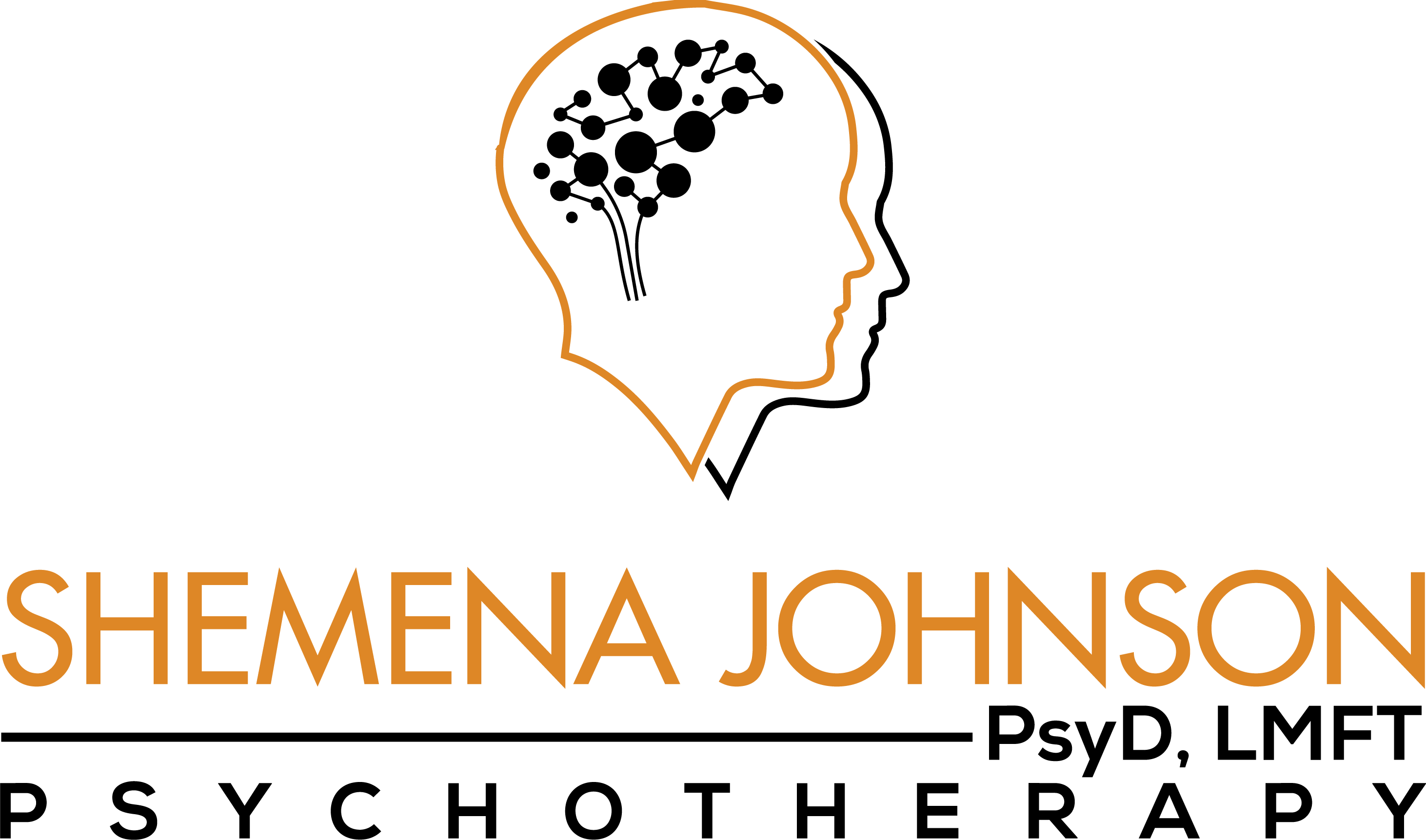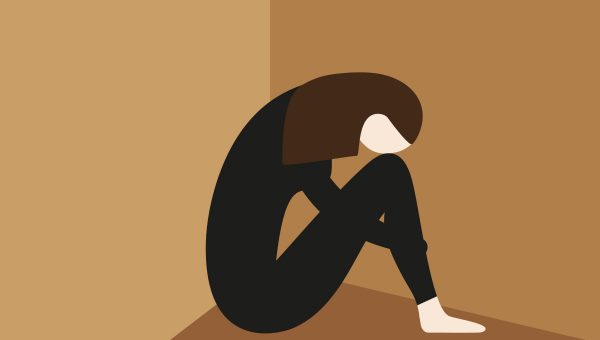While people suffering from depression appear withdrawn, sad and apathetic to the outside world, what most “outsiders” do not realize is that internally, they are trying to deal with powerful feelings of resentment, self-criticism and anger. Instead of confronting and assimilating these uncomfortable feelings, people suffering with depression repress their emotions by denying they exist. Sometimes they are afraid if they show their true feelings, they will experience reprisal or embarrassment. Others fear being ostracized by family and friends if they reveal how outraged they are at the way life is treating them.
Depression defined as “anger directed at the self” is a somewhat oversimplified definition but it does embrace the core idea of what causes clinical depression. It is a result of unresolved and unexpressed anger that gets turned inward upon the self instead of being directed outward. By identifying and understanding the source of unconscious anger, people suffering major depression and its subtypes–seasonal affective disorder (SAD), situational depression, atypical depression and persistent depressive disorder–can learn to tolerate and manage their depression.
There’s Nothing Wrong with Feeling Angry
Anger is one of the most powerfully motivating emotions humans are capable of feeling. Anger can be transformed into a positive force that provides the energy you need to make changes. When accepted and regulated properly, anger pushes you towards goals when you are being confronted by barriers to those goals.
When faced with difficult situations, you have the ability to turn paralyzing fear into reactionary anger. Getting mad at something you dislike and refuse to accept spurs your desire to either eliminate it or change it. Alternately, depression only takes advantage of those who are not equipped with the psychological tools necessary to accept and utilize their anger instead of repressing it.
Anger forces you to communicate your feelings instead of burying them. When you are in touch with your anger, you feel more empowered, “in-the-moment” and self-aware. You know exactly what you want and what needs to be done to achieve your goals. On the other hand, when suffering from depression you have no desire to communicate your feelings because feeling angry is unacceptable. And that is simply not true!
Why We Think Anger is Bad
Unfortunately, the majority of us grew up to believe that anger was “bad” and that feeling angry was unacceptable because it generally led to unacceptable actions. At times it may contradict with how you view yourself as being a “good person.” When being good matters, it is often because of the fear of unconscious bad feelings.
While it is true that young children have yet to learn the fine art of impulse control, allowing a child to feel and accept their anger also contributes to them understanding how to cope with angry in a healthy manner as adults.
The Cause of Depression Determines Treatment
Sometimes situational changes may relieve your angry, such as entering a more satisfying career field or moving closer to family and friends. Sometimes, addressing your depression may take more than initiating a superficial change. You may need to leave a long-term destructive relationship, engage in psychotherapy due to past traumas if your depression is serious. Just know that only you can take that first step towards defeating depression by accepting your anger and allowing your anger to empower you with positive, motivational forces.







